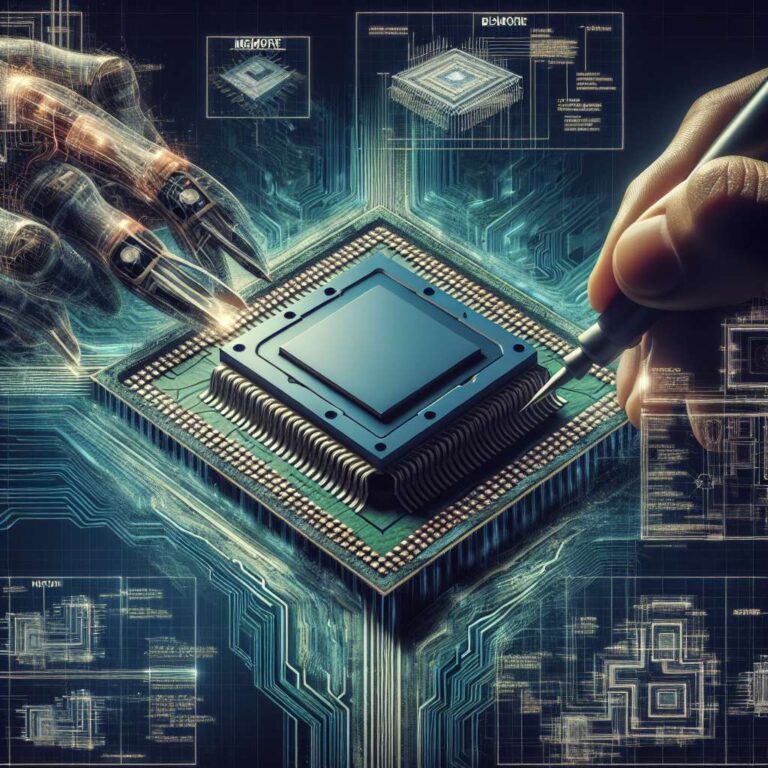Samsung this week alerted investors that third-quarter operating profit would fall short of expectations, estimating 9.1 trillion won compared with analysts´ forecasts of about 10.3 trillion won. The shortfall prompted a rare apology from Samsung executives and was presented as more than a one-quarter miss. Company officials and market analysts framed the results as a symptom of a broader industry transition driven by rising demand for artificial intelligence. The message is clear: legacy advantages in memory and consumer electronics no longer guarantee leadership in a market reshaped by specialized chips and new production demands.
At the centre of Samsung´s challenge is a delay in its AI chip business with a major customer, a setback Reuters reported is widely believed to involve Nvidia. That delay, combined with intensifying competition from Chinese foundries in conventional chip markets, has exposed the complexity of moving from traditional memory products to high-bandwidth memory and AI-optimized processors. Michelle Brophy, research director at AlphaSense, told PYMNTS that chip design and fabrication become markedly more complex as nodes advance, and that none of the major manufacturers have been immune to growing pains; she singled out taiwan semiconductor as the market leader. SK hynix, once a smaller rival, is now a key competitor in supplying HBM components used in data centre AI workloads.
The ripple effects extend beyond fabs. Cloud providers are increasingly designing custom silicon, and chipmakers are expanding into software and services. That blurring of boundaries is altering product road maps for smartphones, data centres and edge devices. Samsung still retains an integrated advantage, with in-house design, foundry capacity and device manufacturing, but those assets must be refocused to meet the specialized performance and supply timelines that AI workloads demand. Analysts say the scramble to retool production lines and secure customers is redrawing the map of global tech commerce, with pressure on firms in Seoul, silicon valley and shenzhen.
Samsung vice chairman Young Hyun Jun acknowledged the difficulty, saying ´These are testing times.´ How Samsung responds in the next several quarters will not only determine its own earnings trajectory but may signal which legacy players can adapt fast enough to compete in the artificial intelligence era.

